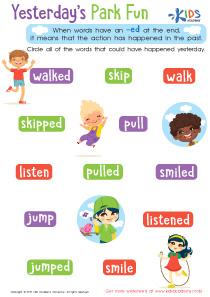Understanding Quantities Easy Kindergarten Worksheets
6 filtered results
-
From - To
"Understanding Quantities Easy Kindergarten Worksheets" are designed to introduce young learners to the foundational concept of quantities in a fun and engaging way. These printable worksheets, available on Kids Academy, feature simple exercises aimed at helping children recognize, compare, and understand different quantities. Bright, colorful illustrations and interactive activities make learning enjoyable, fostering early math skills. Ideal for both classroom and home use, these worksheets support children's cognitive development and prepare them for future mathematical learning. Start your child's educational journey with these easy-to-use resources, ensuring a strong grasp of quantities from the beginning.
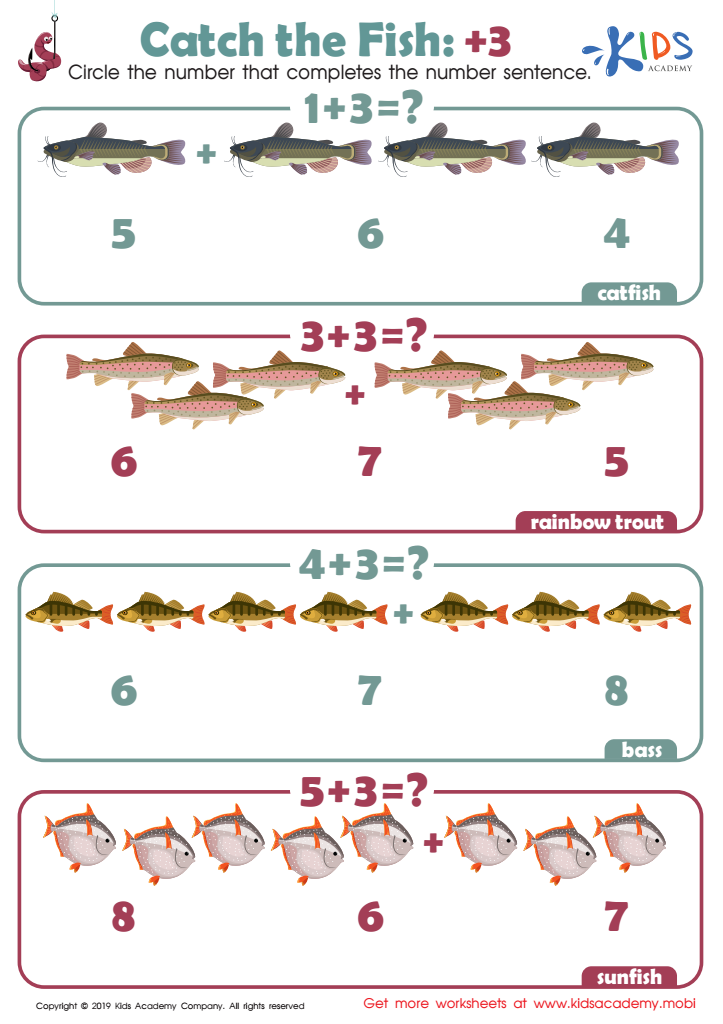

Catch the Fish: +3 Worksheet
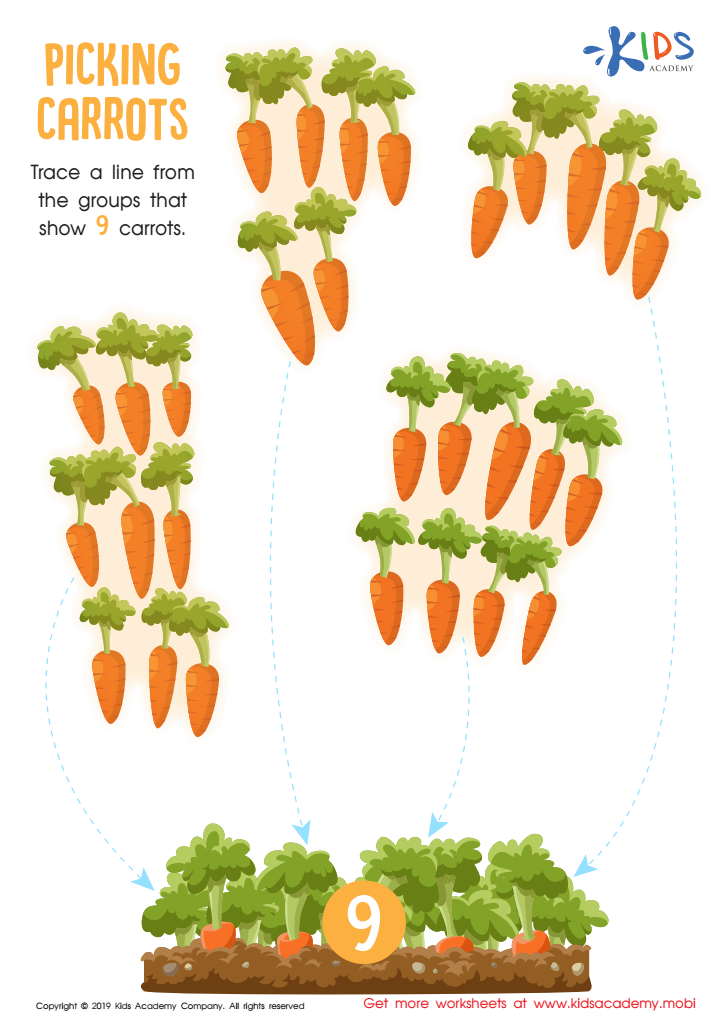

Picking Carrots Worksheet
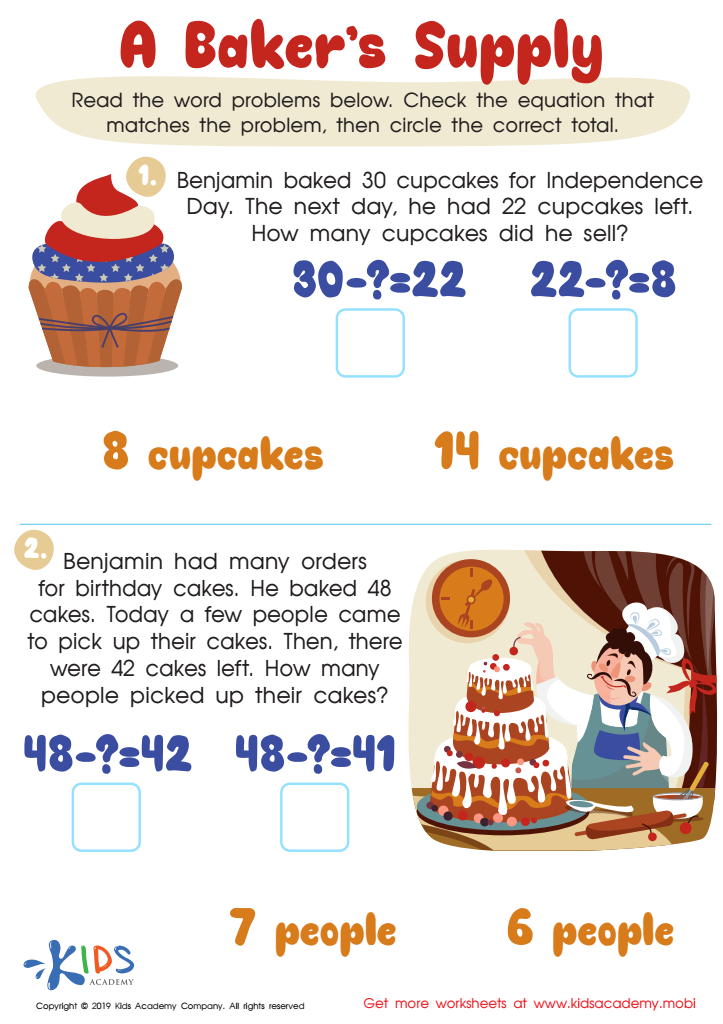

A Baker's Supply Worksheet
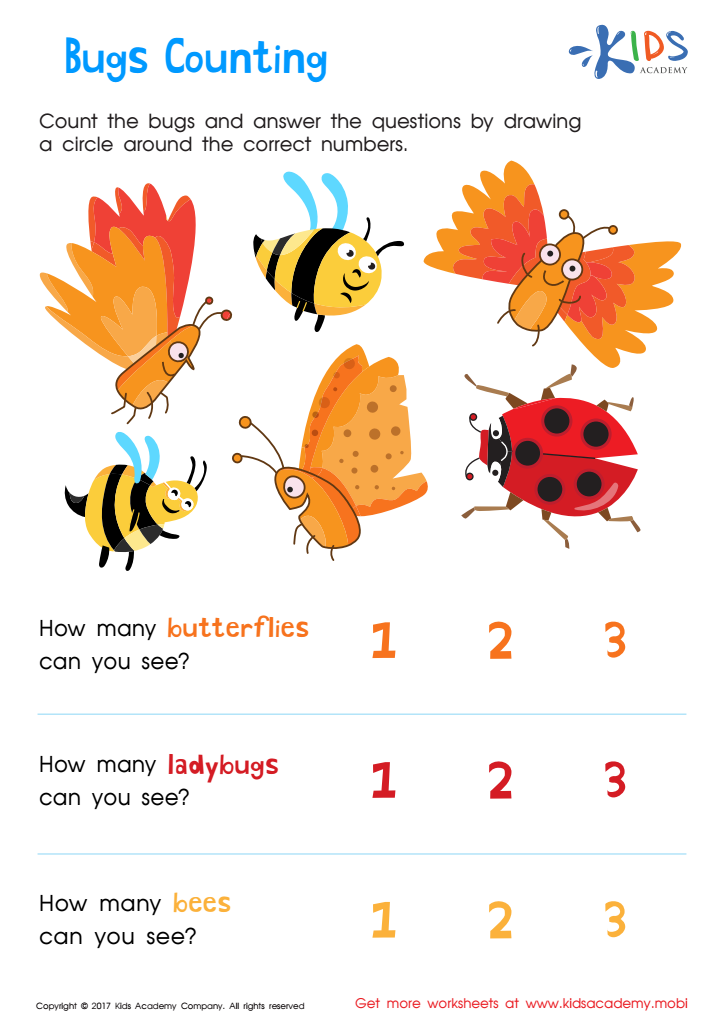

Bugs Counting Worksheet
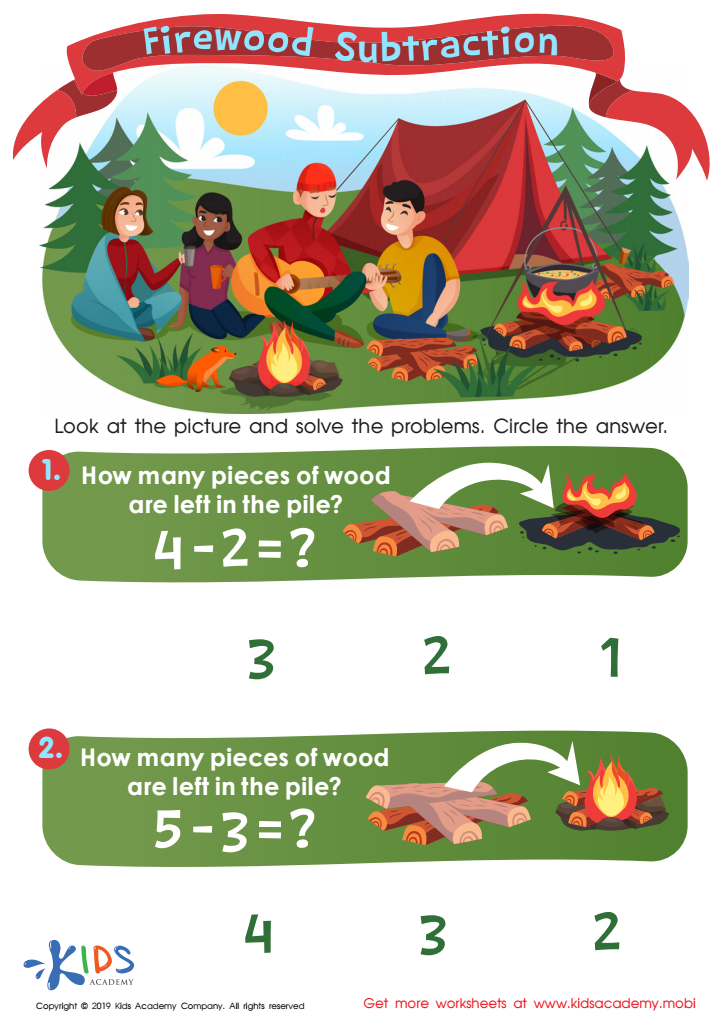

Firewood Subtraction Worksheet
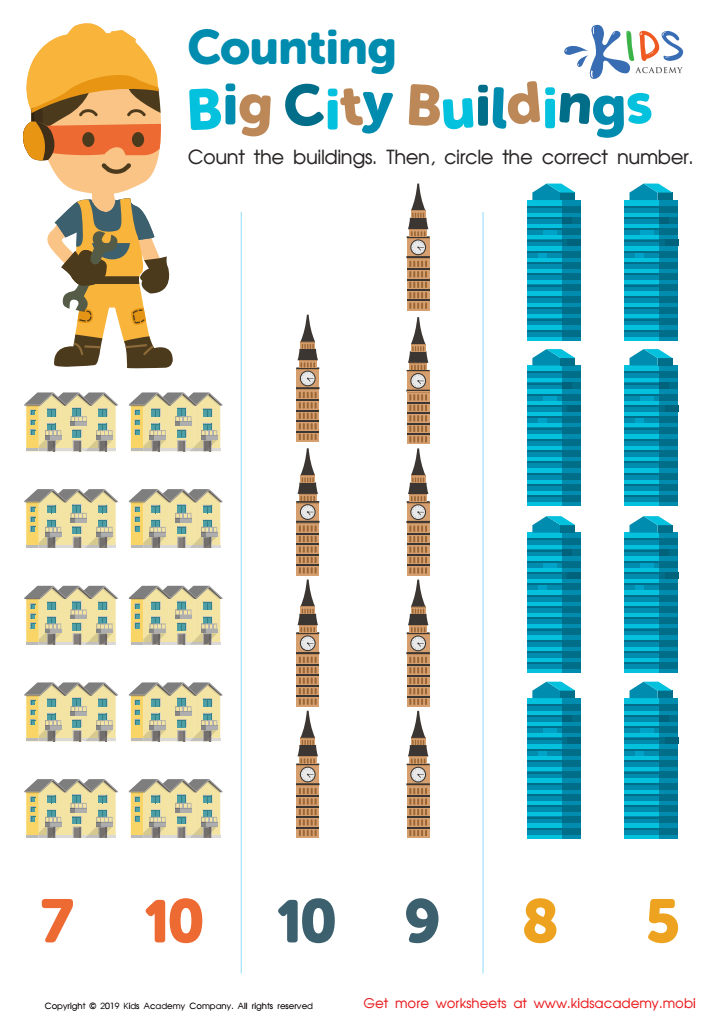

Counting Big City Buildings Worksheet
Understanding quantities is foundational for kindergarteners and sets the stage for future mathematical skills. When parents and teachers focus on this early understanding, they help children develop a strong sense of number sense and numerical relationships, which are crucial for more advanced math concepts they'll encounter in later years.
First, recognizing and comparing quantities helps children understand numbers beyond mere symbols; they come to realize that numbers represent actual amounts, enhancing their ability to visualize and grasp math problems conceptually. This early skill also supports children's cognitive development by boosting their abilities in reasoning, problem-solving, and logical thinking.
Second, early proficiency in understanding quantities can ease daily life and schedular tasks. Children who can grasp quantities find more success in activities such as sharing toys equally, understanding the concept of time, or comparing sizes and amounts, leading to better social interactions and cooperation.
Furthermore, confidence in these skills often translates into a positive attitude toward mathematics, reducing anxiety around the subject and fostering a lifelong interest in STEM fields.
In summary, placing an emphasis on understanding quantities in kindergarten is about more than just dealing with numbers; it's about building a robust foundation for future learning, supporting everyday life skills, and fostering a positive attitude towards education that can last a lifetime.
 Assign to My Students
Assign to My Students














